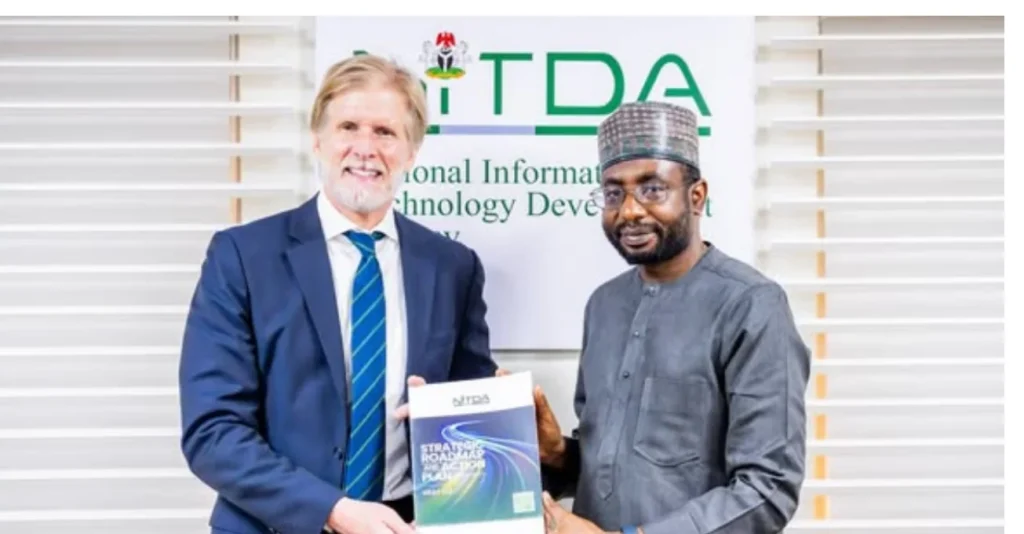Microsoft Offers Free Cybersecurity Program to European Governments Amid Rising AI Threats
In a major move to strengthen Europe’s digital defences, Microsoft has launched a free cybersecurity program specifically tailored for European governments. Announced on Wednesday, the initiative is designed to combat AI-enhanced cyber threats and improve cross-border threat intelligence sharing.
This program comes in response to an uptick in state-sponsored cyberattacks from actors linked to Russia, China, Iran, and North Korea, which have increasingly leveraged generative AI to amplify the scale, speed, and impact of their operations.
Strengthening Europe’s Cyber Resilience
Microsoft President Brad Smith, in an interview with Reuters, emphasised the company’s intent to extend U.S.-developed cybersecurity innovations to European institutions:
“If we can bring more to Europe of what we have developed in the United States, that will strengthen cybersecurity protection for more European institutions,” Smith said.
He hinted at additional cybersecurity initiatives planned for later in the month, reinforcing Microsoft’s commitment to global digital security.
Key Features of Microsoft’s Free Cybersecurity Program
The program focuses on three core areas:
- AI-Based Threat Intelligence Sharing:
Governments will gain access to advanced intelligence and analysis tools to detect and understand emerging AI-based cyber threats. - Defensive Use of AI:
Microsoft aims to ensure AI technologies evolve faster as a defensive tool than as an offensive weapon, providing governments with cutting-edge security capabilities. - Proactive Threat Disruption:
The program helps detect and prevent cyberattacks before they occur, with special emphasis on critical infrastructure protection and disinformation control.
AI Weaponization in Cybersecurity
Smith highlighted how malicious actors are increasingly weaponising AI, including using deepfakes and synthetic media to manipulate public perception and disrupt democratic processes.
Recent Examples of AI-Based Attacks:
- 2022: Deepfake video of Ukrainian President Volodymyr Zelenskyy falsely announcing surrender to Russia.
- 2023: Fake AI-generated audio swayed public opinion during Slovakia’s elections.
According to Smith, audio is currently easier to fake than video, posing a growing challenge for digital authenticity and information integrity.
Microsoft’s Responsible AI Use
To prevent the misuse of its AI technologies, Microsoft tracks all models it releases and blocks known cybercriminals from accessing its AI tools. This effort aligns with the company’s broader AI ethics and security strategy, which prioritises responsible AI deployment across all markets.
“We don’t feel that we have seen AI that has evaded our ability to detect the use of AI or the threats more broadly,” Smith said.
“Our goal needs to be to keep AI advancing as a defensive tool faster than it advances as an offensive weapon.”
Why It Matters
With cyber threats becoming more sophisticated and AI-driven, this free cybersecurity initiative from Microsoft could be a game-changer for European digital security. As public institutions and infrastructures become increasingly digitalised, collaboration with tech giants like Microsoft is vital to safeguarding national interests, democratic processes, and citizen data.












